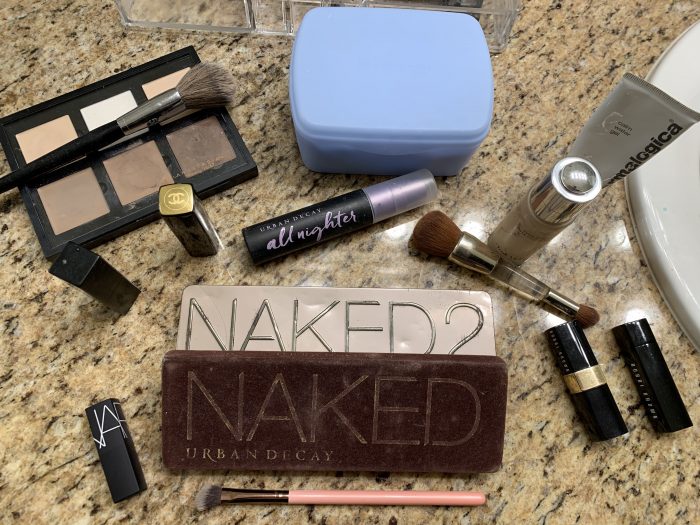
Comfy is in. Cute is so out.
Such is pandemic life.
“When I was in-person interning and going places, I would wear Madewell-aesthetic outfits with button-up outfits and jeans. Now that quarantine has hit, it has been pajama pants and really baggy pants,”said senior public relations and advertising student Amber Wong.
Wong’s wardrobe choices before and during the pandemic are not unique; many people have shifted away from stylish trends to pajama chic while in isolation. As the need to maintain physical looks diminished, individuals have started to favor coziness and embrace their natural appearances.
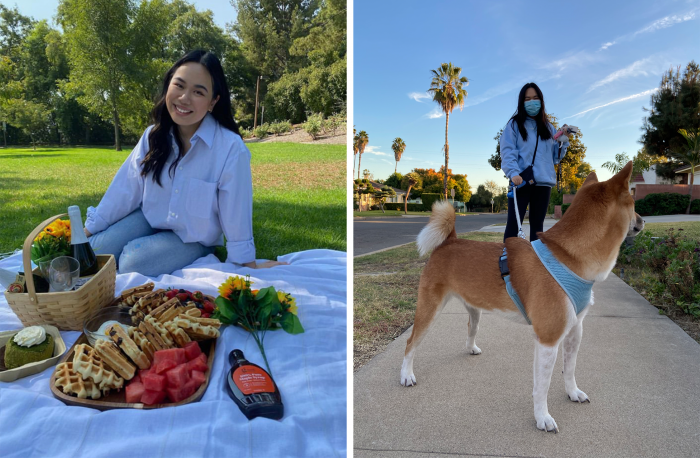
“Prior to the pandemic, I would wear jeans and a nice top. I wore heeled boots to classes,” said Jaylene Capinpin, a junior vocal performance and French major. “After the pandemic hit, for the first few days I tried to dress up, and then I switched to leggings and a nice top. Then leggings and a top, and now it’s leggings and an athletic top.”
This shift is in tandem with the changes toward learning and working at home. The stay-at-home orders inspired many to embrace their natural appearance without makeup in the comfiest clothes possible. Capinpin used to get her eyebrows done regularly.
“Now, they don’t seem as important to me because they’re an extra expense,” Capinpin said.
The movement towards comfortability changes the perceptions of appearance, what beauty and style are, and the socially-acceptable amount of effort put into personal upkeep.
“Quarantine has taught me that [beauty and fashion] has taken a lot of time out of my mornings,” Capinpin said. “I still care about my appearance [on Zoom classes], but I’m not willing to put that much time into it anymore.”
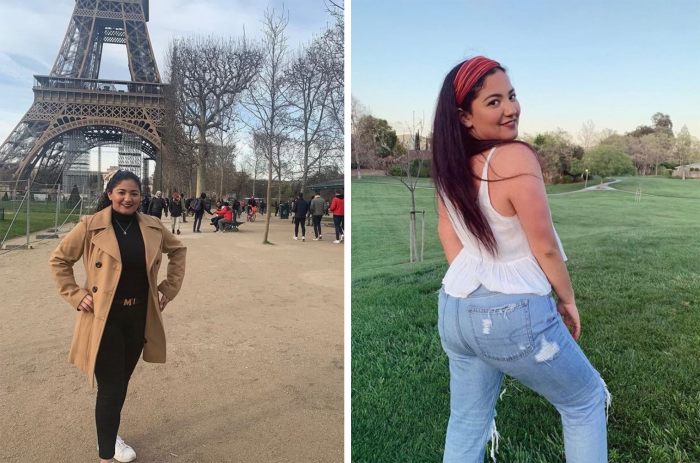
Licensed therapist and Chapman psychology professor Ipek Aykol recognizes a large absence of insecurity from personal appearance since quarantine began.
“Since many people are not around others or at school/work anymore, the shame and insecurity that stems from poor body image has not been as apparent. People are giving more importance to comfort; for example, individuals are investing more in luxury brand home slippers than high heels,” says Aykol.
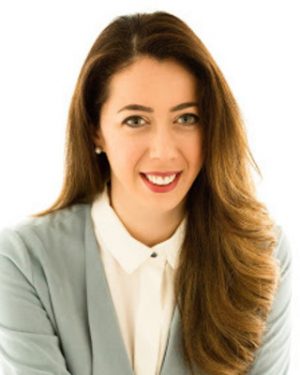
The psychological effects from dressing and looking casually yield great success in the work environment as “dressing up cozy and comfortable also puts you in a serene mood, which increases productivity,” Aykol adds.
The pandemic also led to an increase in individuals’ self-esteem and perceptions of themselves. Junior vocal performance and music education student Keila San Pedro acknowledges how the transformation of beauty, fashion, and society helped her accept herself.
“As a BIPOC woman in a white society, I didn’t see myself as pretty for a long time… During the pandemic, I started embracing my features a lot more. I stopped caring about what would be trendy for the western standards. I do makeup that makes me look flattering, not what western standards say is flattering,” says San Pedro.
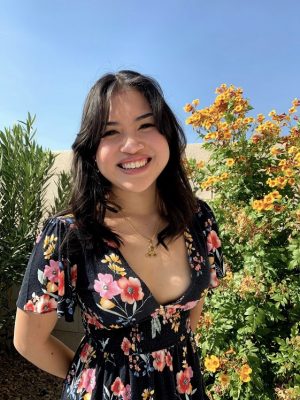
Freedom of expression is powerful, and San Pedro remarks on how beneficial this freedom is in the context of beauty and fashion.
“I wear makeup not because I look better, but because it’s a creative outlet… It was never for anyone else’s pleasure, just mine,” San Pedro shares.
Senior film and media arts major Natalie-Tasha Thompson clarifies how the pandemic has opened her eyes to managing qualities of herself.
“Despite all of the negatives during quarantine, I think this time has been really great for people to take the time and really analyze how they have been treating themselves whether that be never taking care of their hair or not washing makeup brushes — that was me,” Thompson said.
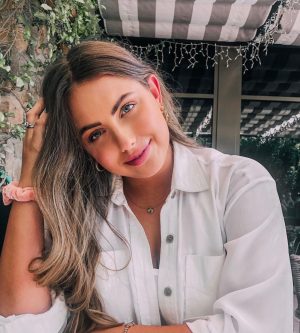
Thompson’s recognition of her lack of regard toward taking care of herself reflects how COVID-19 affects people’s confidence.
“The longer [the lockdown has] been going on I’ve definitely learned to feel WAY more comfortable not wearing as much makeup or going to the store with greasy hair,” Thompson exclaims. “As much as I want to feel confident and wear nice stuff I also kinda enjoy the lax lifestyle that has come from COVID. Despite everyone being stressed and scared we can all find some sort of comfort in some baggy clothes.”
Beauty store Sephora worker Maria Gonzalez speaks to how the pandemic has affected the store.
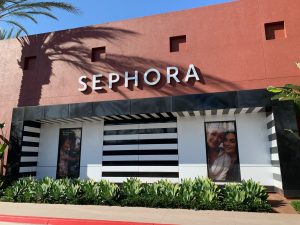
“I’ve definitely seen more and more people go for crazier makeup selections rather than our basic best-sellers,” Gonzalez said. “I think people are going for more fun selections because this is the perfect time to try out new looks.
As people have become more adventurous with their beauty choices, trends on social media platforms such as Instagram and TikTok have greatly influenced what people are doing to express themselves.
“I hopped on the TikTok trend; I got bangs. TikTok made me do it and then made me regret it,” Wong said.
“I see [TikTok] as something that has really shifted other people’s perceptions of themselves during quarantine. You compare your life and your appearance to other people’s,” Capinpin said. “It hasn’t changed my perceptions of myself, but it’s something that I think about more because I get so much content every day about how other people look.”
Although social media is still influential, the overall perception of beauty during the pandemic has organically shifted due to changing needs.
